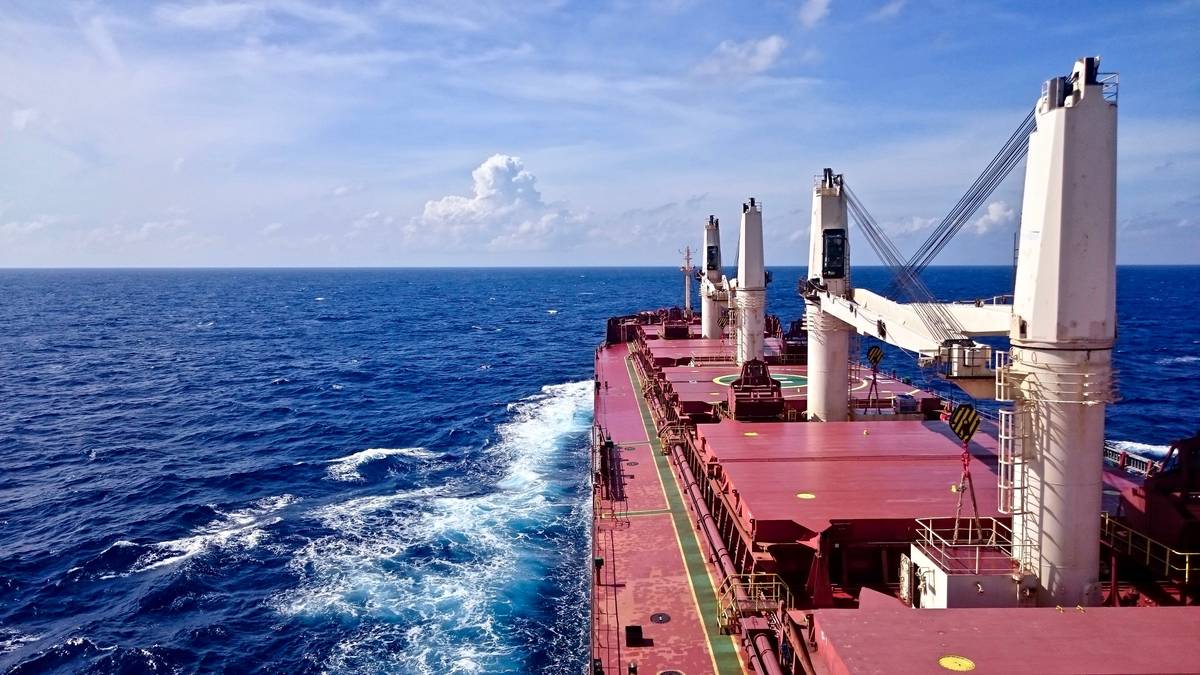For worldwide shipping, biofuels offer a rapid solution to exceed compliance with environmental regulations without costly retrofits
The introduction of FuelEU Maritime rules and IMO’s strategies to lower greenhouse gas (GHG) emissions from the shipping industry are challenging owners, but solutions are available. Sustainable biofuels can be blended with traditional maritime fuels, enabling shipowners to comply with environmental regulations without needing expensive and complex retrofitting.
There are availability, commercial, technical and operational challenges when using biofuels and fuel blends, but these can be overcome.
An expert panel discussed the commercial, operational and technical advantages and challenges for using biofuels during Riviera’s Biofuel’s balancing act: compliance, competitiveness, and carbon reduction under FuelEU Maritime webinar, which was held on 11 April 2025 during Riveria’s Marine Propulsion: Fuels Webinar Week.
On the panel were Chevron Renewable Energy Group executive director for strategic initiatives, Jon Scharingson; HutanBio founder and director John Archer; V Group commercial director for decarbonisation James Helliwell; and Womar Logistics chief operating officer Manish Jain.
They discussed how biofuels can be used for compliance with the European Union’s recently introduced FuelEU Maritime, for pooling mechanisms and how shipowners and operators can integrate drop-in fuels into their fleets.
This panel discussed the competitiveness, availability and infrastructure for producing sustainable biofuels, such as hydrogenated vegetable oils (HVOs) and fatty acid methyl ester (FAME). They addressed concerns over biofuel sourcing and certification, technical compatibilities, well-to-wake lifecycle analysis and whether these sustainable fuels will remain applicable in the long-term future.
“It is not expensive to retrofit ships for biofuels”
Mr Helliwell said FuelEU Maritime began to take effect on 1 January 2025 applying a tax on the GHG intensity of fuels on ships entering Europe. There is a limit, with ships going over this paying penalties, whereas those below the limit can offer credits to other owners in a pool of vessels.
Over time, this limit will become stricter as the EU intends to accelerate the use of low-carbon fuels.
Using blends of biofuels with marine gasoil (MGO) and very low sulphur fuel oil (VLSFO) up to B30 would enable shipping to continue operating until around 2037 and B100 blends gets owners to 2050 with no penalties, said Mr Helliwell.
“By pooling and trading, owners can generate new revenue streams from selling credits,” he said. “It is not expensive to retrofit ships for biofuels,” said Mr Helliwell. “Main engine providers support B30 without modifications of engines, and anything higher only needs a little work.”
However, there are concerns about viscosity challenges when using biofuels, as they could clog pumps and filters; warnings over quality with reports of cashew nut-based biofuels causing engine issues; and over the original source of fuels.
“FuelEU requires certificates that prove the origin of fuel and resulting GHG intensity reductions, which means owners need certificates to verify biofuels,” said Mr Helliwell.






